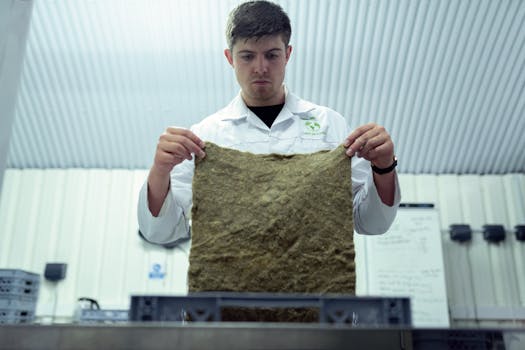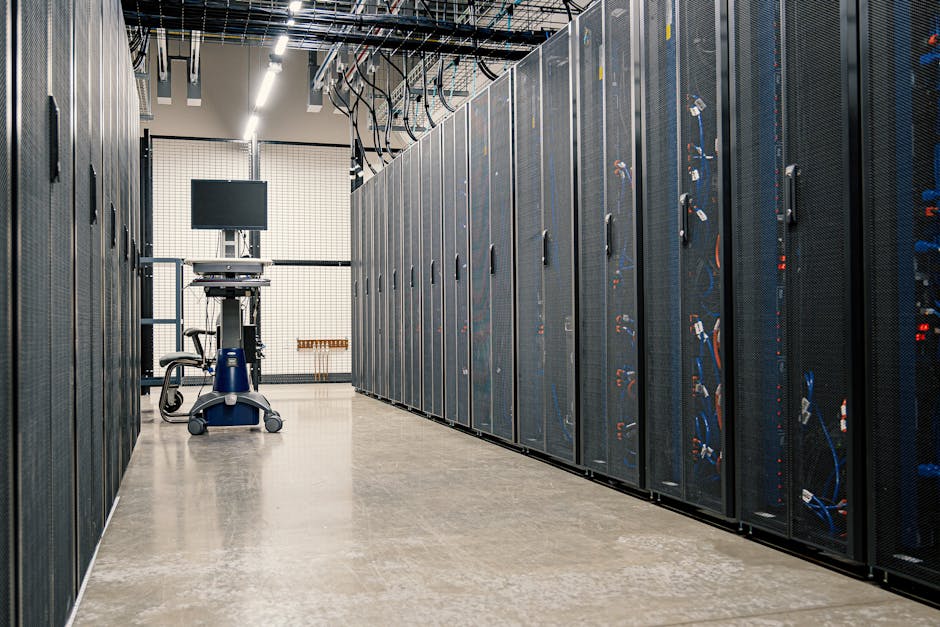
The Future of Satellites: Revolutionizing Global Communication and Exploration
The future of satellites is a topic of great interest and importance, as these orbiting devices play a crucial role in global communication, exploration, and navigation. With the rapid advancement of technology and innovation, the future of satellites is poised to be exciting and transformative. In this article, we will explore the current state of satellite technology, the trends and developments that are shaping the industry, and the potential applications and implications of satellite technology in the future.
The future of satellites starts with the current state of satellite technology. Today, satellites are used for a wide range of applications, including communication, navigation, weather forecasting, and Earth observation. Satellites in orbit around the Earth provide critical services such as television broadcasting, mobile phone connectivity, and internet access. They also enable GPS navigation, weather forecasting, and Earth observation, which are essential for predicting natural disasters, monitoring climate change, and managing natural resources.
Advancements in Satellite Technology
Several advancements in satellite technology are driving growth and development in the industry. One of the key trends is the development of smaller, more affordable satellites, known as smallsats or CubeSats. These satellites are smaller, lighter, and less expensive than traditional satellites, making them more accessible to a wider range of organizations and individuals. Smallsats are also more agile and flexible, allowing them to be launched quickly and easily, and to be used for a variety of applications, including Earth observation, communication, and scientific research.
Another significant development in satellite technology is the use of reusable launch vehicles. Reusable launch vehicles, such as those developed by SpaceX and Blue Origin, are capable of launching satellites into orbit and then returning to Earth, where they can be refurbished and reused. This technology has the potential to significantly reduce the cost of accessing space, making it more affordable and accessible to launch satellites and other spacecraft.
Applications and Implications of Satellite Technology
The applications and implications of satellite technology are vast and varied. One of the most significant applications of satellite technology is in the area of global communication. Satellites provide critical communication services, including television broadcasting, mobile phone connectivity, and internet access. They also enable GPS navigation, which is essential for transportation, logistics, and other industries. In the future, satellites are likely to play an even more important role in global communication, as the demand for connectivity and data transfer continues to grow.
Satellite technology also has significant implications for Earth observation and scientific research. Satellites in orbit around the Earth provide critical data and insights into the planet’s climate, weather patterns, and natural resources. They enable scientists to study the Earth’s atmosphere, oceans, and land surfaces, and to monitor changes in the environment. In the future, satellites are likely to play an even more important role in Earth observation and scientific research, as the need to understand and mitigate the impacts of climate change and other environmental challenges grows.
Conclusion
In conclusion, the future of satellites is poised to be exciting and transformative, with advancements in technology and innovation driving growth and development in the industry. The current state of satellite technology, the trends and developments that are shaping the industry, and the potential applications and implications of satellite technology all point to a future where satellites play an even more important role in global communication, exploration, and navigation. As the demand for connectivity, data transfer, and Earth observation continues to grow, the importance of satellites will only continue to increase, driving innovation and advancement in the industry.







